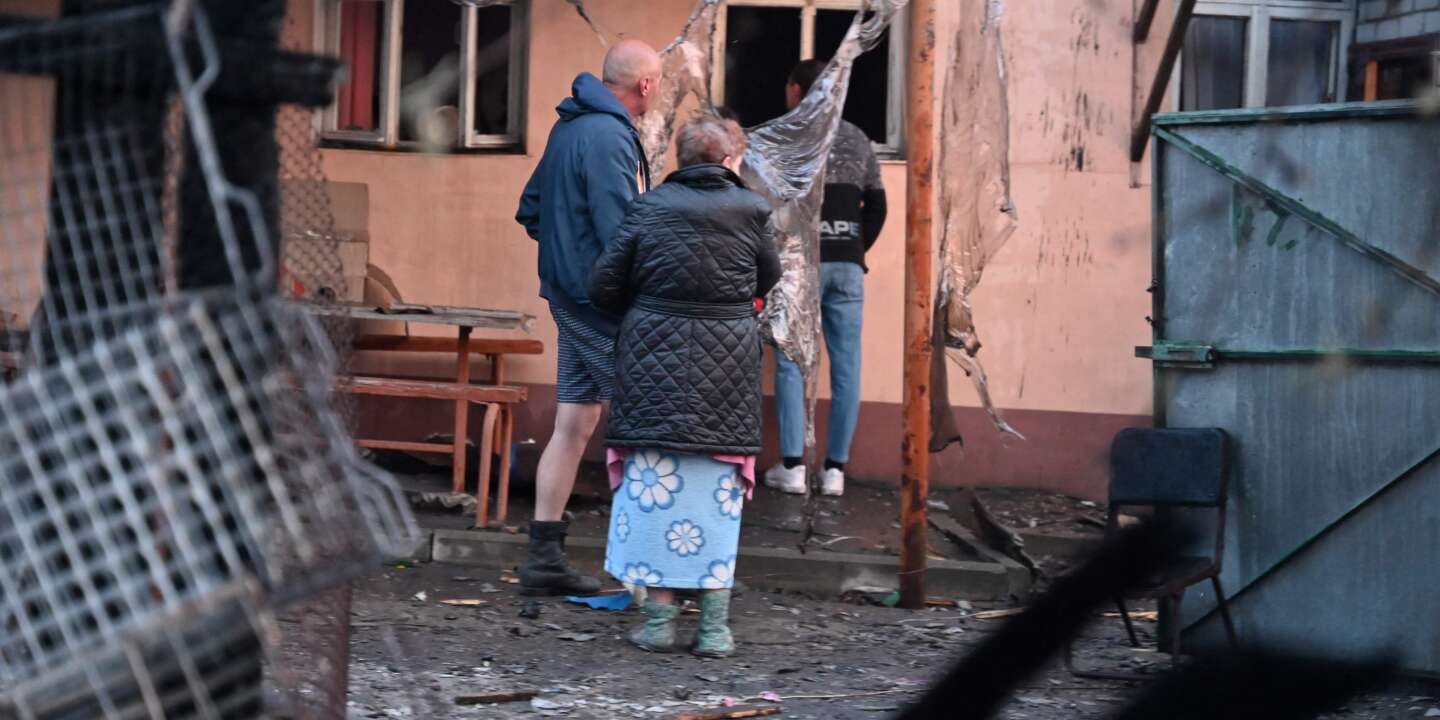A few weeks ago, the European Parliament gave the green light for the reform of the European migration policy, which should enter into force in 2026.
At the same time, Brussels is increasing agreements with countries of origin and transit to reduce the number of refugees arriving at its borders. Among these countries is Tunisia, with which the EU concluded a “strategic partnership” agreement on immigration in July 2023.
Recently, Italy signed three bilateral agreements with Tunisia on the same topic in order to limit the arrival of migrants on its territory.
Numerous abuses committed during checks
In theory, Tunisia could be a privileged place to receive asylum seekers rejected by the European Union. In the envelope of more than one billion euros of the partnership concluded in 2023 with Brussels, 105 million is intended for the fight against irregular migration.
The partnership already seems to be bearing fruit in terms of reducing migration flows: according to the United Nations Refugee Agency (UNHCR), 16,000 people from Tunisia, Algeria and Libya arrived in Italy in April, compared to more than 36,000 in the same period in 2023 .The Tunisian navy intercepted about 21,000 others before they reached European waters.
In theory, therefore, returned migrants could find refuge in Tunisia, following the same model as those returned by the United Kingdom to Rwanda. But for Salsabil Chellali, Tunisia director at Human Rights Watch, Tunisia is anything but a safe country for exiles.
“Today in Tunisia, migrants, asylum seekers and refugees face serious abuses by security forces, including the National Guard and the Coast Guard, when they are intercepted at sea, they continue to be victims of abuse, arrest and arbitrary detention. Deport migrants and asylum seekers to borders with Libya and Algeria.
Tunisia will “never” be a welcoming country, says Saïed
In early April, Tunisian President Kaïs Saïed confirmed during a meeting on national security that his country would never become a welcoming country for migrants “expelled from Europe”.
The Tunisian head of state is not his first attack against exiles. In February 2023, his racist remarks denouncing “hordes of illegal migrants” triggered a wave of violence against sub-Saharan migrants.
Kelly Petillo, project manager for North Africa at the European Council on External Relations, is also critical of the partnership agreements between the EU and Tunisia.
“The only thing these agreements do is undermine the rights of refugees and migrants. They don’t address the structural problems or root causes that force people to make these dangerous journeys. Furthermore, they don’t help countries like Tunisia that can’t process these arrivals.”
The country has no national asylum laws, or even a system that could grant legal status or allow people to work. The result: many people find themselves without resources.
Currently, UNHCR has registered around 12,000 refugees and asylum seekers in Tunisia.



